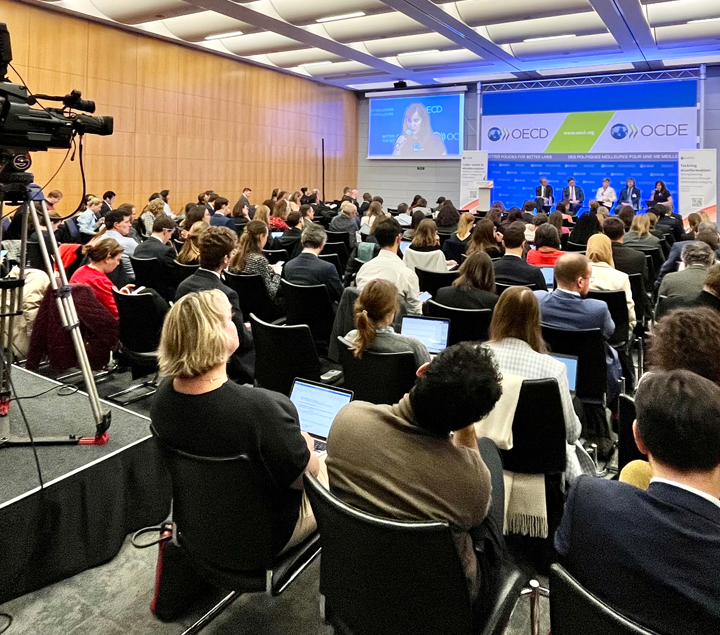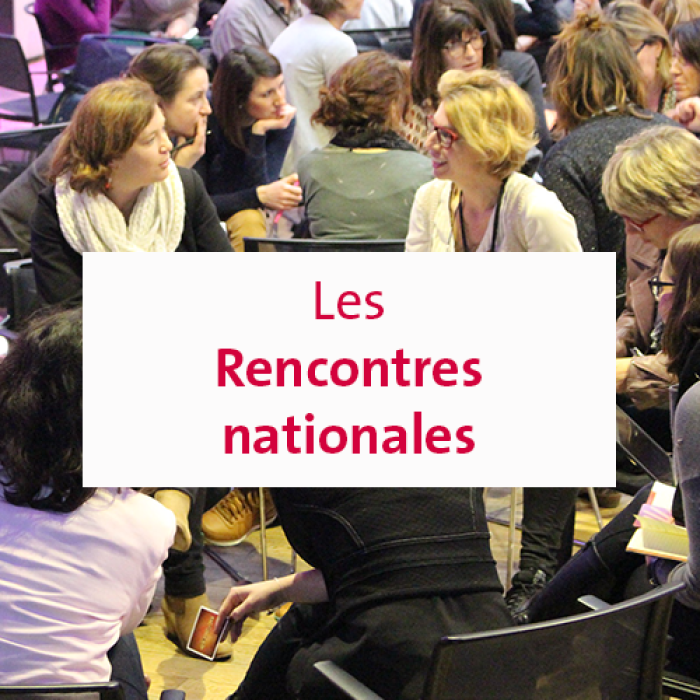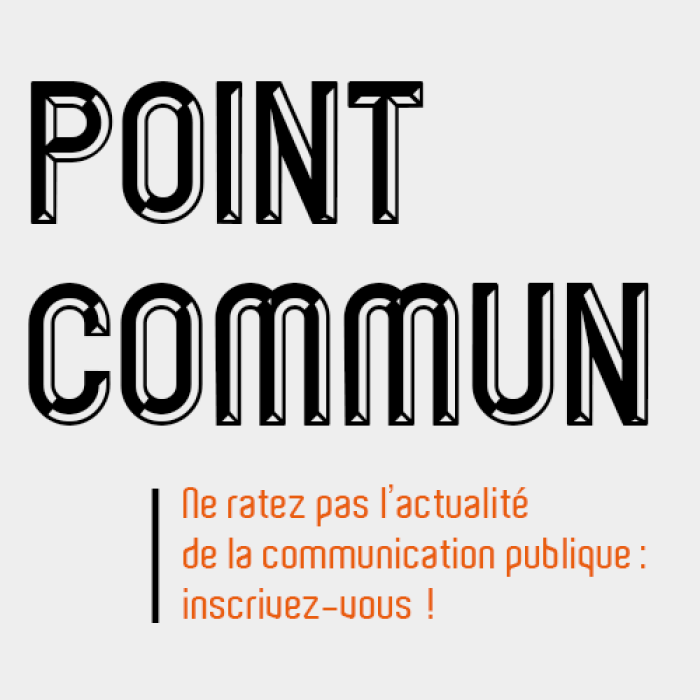
Disinformation: a global challenge
Cap'Com took part in the "Tackling disinformation: strengthening democracy through the integrity of information" conference on 13 and 14 November 2023, at the OECD in Paris. The conference was attended by public communicators and national and government experts, as well as representatives of digital platforms, the media and civil society, with the aim of highlighting the effective measures that public authorities can take.
The conference sought to respond to the urgent challenges facing democracies with regard to information. Discussions focused on efforts to coordinate public policies, on how to make the public more resilient to false or malicious information, and on an analysis of regulations that respect freedom of expression in the digital space.
In two days - and several sessions - the findings were not clear-cut, and few solutions were actually put forward. Alarmist observations, by contrast, were widely shared.

Here is a selection of interesting quotes from the conference for public communicators:
- Specialists in disinformation and AI have been working together for two years now. That's a good! - Sebastian Hallensleben, Head of digitalisation and IA, VDE Verband der Elektrotechnik Elektronik Informationstechnik e.V.
- Yes the main SNs have made efforts and progress, so there's reason to be optimistic. People prefer familiarity. We're moving towards the concept of the internet village, because relationships there are kinder. We're looking for smaller, more localised social media, with fewer algorithms and more human interaction. The problem is really one of scale. With a hundred people, you don't need algorithms! - Noah Giansiracusa, Associate Professor, Bentley University, USA
- On the use of watermarks to ensure the integrity of information: It's an interesting solution, but we can't be sure that everyone will use them. Or else they'll use platforms that automatically edit these watermarks... So I don't know if it's an effective solution. - Paul-Antoine Chevalier, Head of Technical Unit, Viginum, France
- As far as vaccination is concerned, results are down in Brazil, and we're even seeing a drop in the number of children vaccinated with basic vaccines. We've responded with our ‘Saude com Ciencia’ campaign, but it's not enough. We need to encourage platforms to adopt responsible policies, particularly on issues of violence. We need legislation. And we must respond to all the fake information by taking legal action. The July 2024 G20 summit will be held in Brazil, and the issue of disinformation will naturally be on the agenda. - Joao Brant, Secretary of Digital Policies, secretariat of social communication of the presidency of the Republic, Brazil.
- We can't win the information war because new initiatives are constantly replacing the old ones. - Yevhen Fedchenko, Co-founder and chief editor https://www.stopfake.org & Director of the Mohyla School of Journalism, Kyiv, Ukraine. His point of view was presented at the ‘Grand-angle’ on the same subject at the Cap'Com Forum in Toulouse on 6 December 2023.
- All the intelligence agencies that deal with fake news attacks agree: they have all the tools they need to take action. The only problem we have is the political problem. Either because the services are politicised, or because their actions are not sufficiently well received by the authorities. Many elected representatives say that they don't know how to define disinformation. You can sound the alarm all you like, but there's none so blind as those who don't want to see. - Nathalie Vogel, Research fellow, The Institute of World Politics, Center for Intermarium Studies.
In March 2024, the OECD published a report on some of these discussions, which is available on its website.




